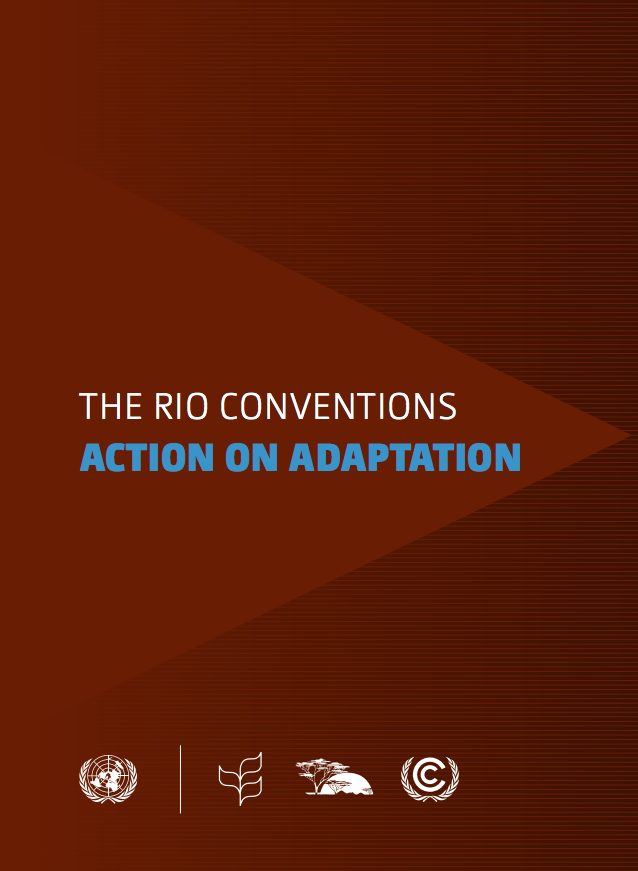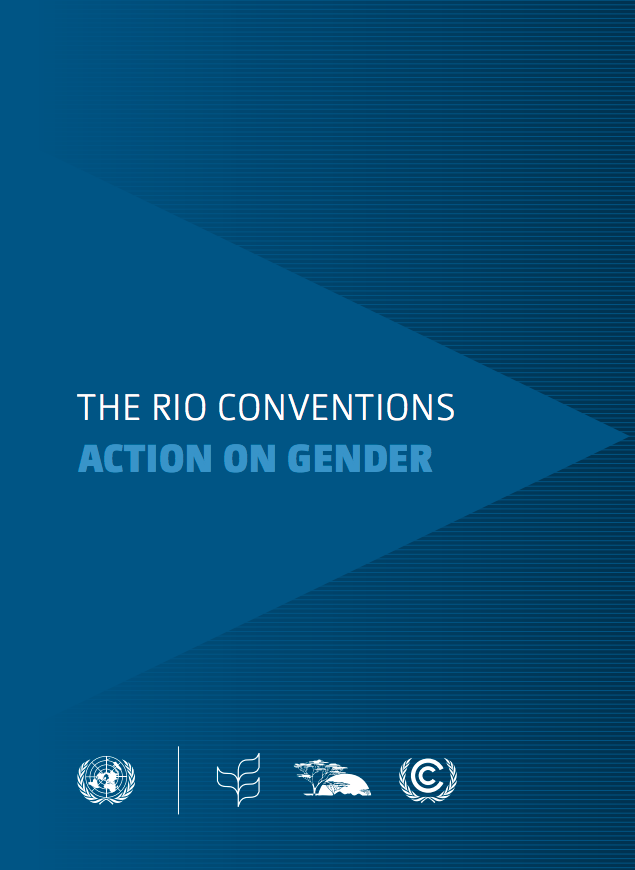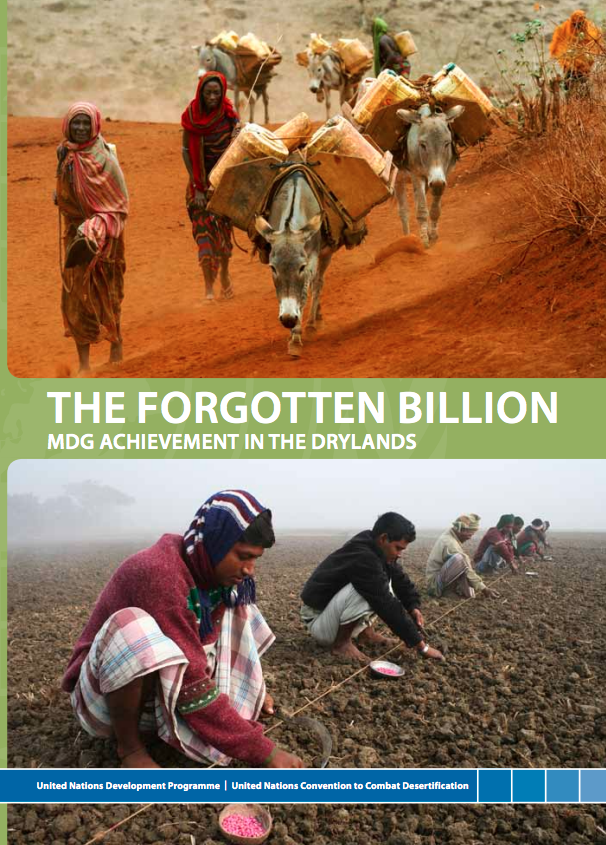Desertification: a visual synthesis
This book is intended as a basic information kit that tells “the story” of desertification, land degradation and drought at the global scale, together with a comprehensive set of graphics. The book indicates trends as they have taken place over the last decades, combining and connecting issues, and present priorities.









